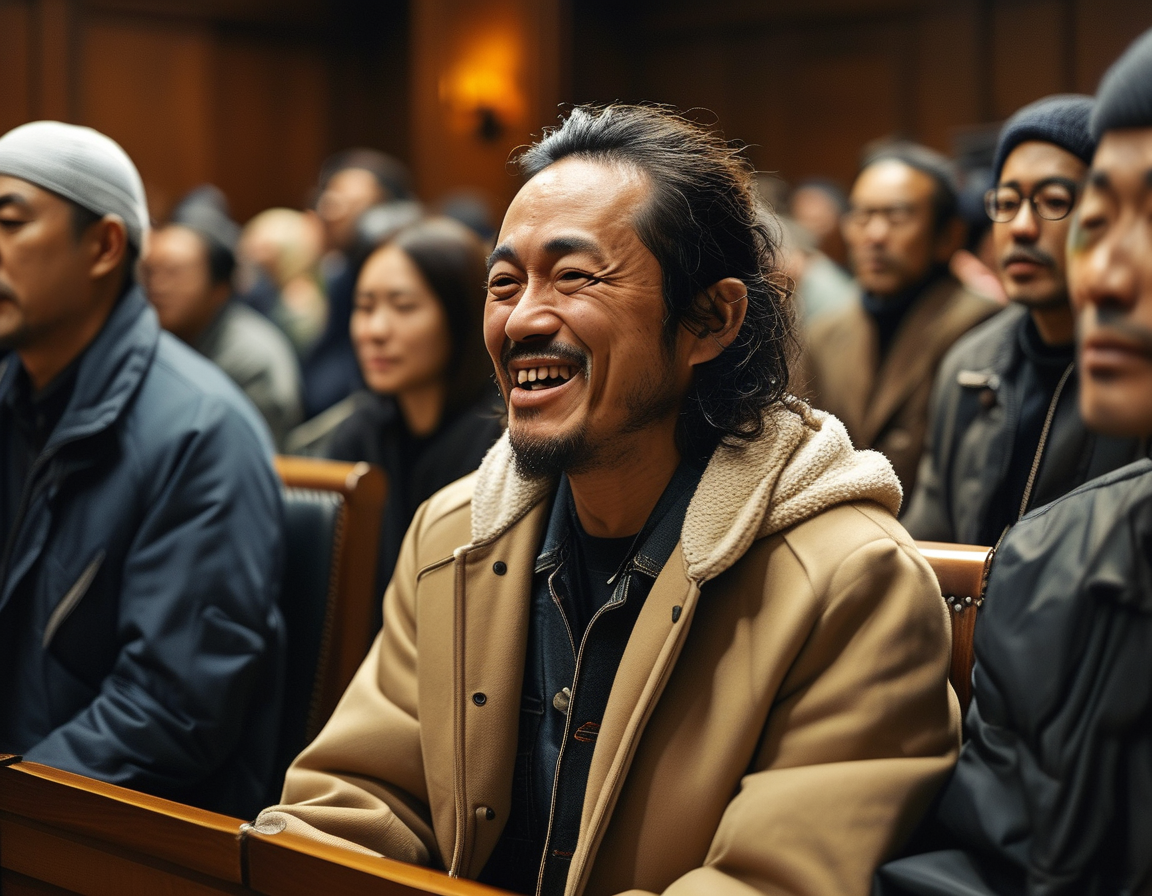
The recent decision to award Iwao Hakamata a record compensation of 217 million yen has sparked conversations far beyond Japan. This story is not just about money; it’s about human life, dignity, and the long shadow of injustice.
Imagine spending nearly 50 years—half a century—fighting for your freedom. You didn’t commit the crime, yet your life is turned upside down. Hakamata’s case began in 1966. As a worker at a miso processing plant, his life took a nightmarish turn when his boss and three family members were murdered. Hakamata quickly became the prime suspect.
In the wake of the tragedy, investigators alleged Hakamata killed his boss, his boss’s wife, and their two children. But what followed has left many questioning the integrity of the entire judicial system. Why was evidence tampered with? How could authorities overlook DNA that didn’t match? These questions linger, demanding answers.
Having initially denied the charges, Hakamata eventually confessed. Imagine the pressure—the interrogations lasting hours, the beatings. His confession was a cry for relief, not a true admission of guilt. This reality often haunts those in detention; the fear of further violence bars them from the truth. In 1968, he was sentenced to death.
Fast forward to 2014. After years of tireless efforts by his legal team and his devoted sister, a retrial was finally granted. However, this was not a quick resolution. Legal procedures dragged on, causing even more emotional distress. How many lives can be affected by such delays?
Hakamata’s acquittal came in 2023. When the judge announced the verdict, crowds erupted into cheers. People gathered, shouting ‘banzai!’ (hurray) outside the courthouse. But Hakamata, due to his frail mental state, could not share in that moment of triumph. It illustrates a heartbreaking irony: how victory can be bittersweet.
The Japanese government’s decision to award the largest compensation ever offered in a criminal case reflects acknowledgment—not just of time lost, but of profound suffering endured. Judge Kunii Koshi recognized Hakamata’s years in detention. ‘The mental and physical toll is immense,’ he stated. But is monetary compensation enough to heal such deep wounds?
The broader implications of this case go beyond just one man. It has reignited concerns over Japan’s judicial processes. The lengthy retrial delays and accepted forced confessions paint a troubling picture. How many others are wrongfully convicted? And how can society ensure that justice is truly served?
This is not solely a legal issue but a human rights crisis. Hakamata’s story resonates on multiple levels—personal anguish, systemic failures, and the pursuit of justice. As readers, it’s essential to consider our societal responsibilities. How do we allow these injustices to happen? And what steps can we take to prevent them?
It’s easy to feel disheartened by Hakamata’s experience. Yet, awareness brings change. Challenging the status quo starts with knowledge. Remember, every story is a call to action. Each question we ask is a step toward justice. So, what will you do? Will you stand by in silence, or will you demand better?
As we reflect on Iwao Hakamata’s case, let’s not forget the lessons learned here. We must advocate for reform and hold systems accountable. This story is more than just history—it’s a reminder of our collective moral duty to fight injustice wherever it exists.
Leave a Comment